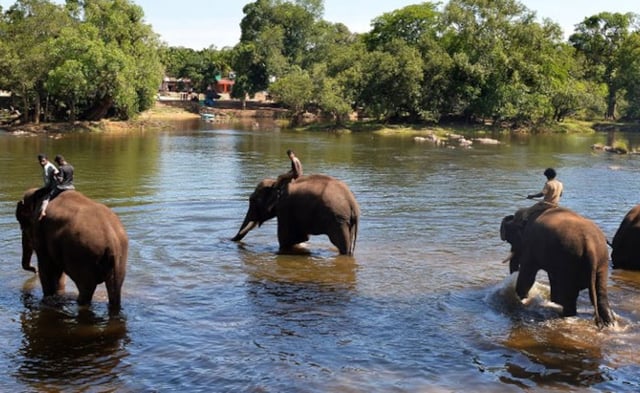Overview
- The Assam Cabinet approved the Gaja Mitra (also called Gajah Mitra) scheme on July 10 with the goal of lowering rising human-elephant clashes
- The initiative targets 80 villages across eight high-risk districts—Goalpara, Udalguri, Nagaon, Baksa, Sonitpur, Golaghat, Jorhat and Biswanath—to cover seasonal conflict hotspots
- Each village will field an eight-member rapid response team drawn from local residents to guide elephant herds safely past farmland during peak conflict months
- Habitat measures include planting bamboo and Napier grass as sustainable food sources and installing solar-powered fencing to protect settlements
- A Wildlife Institute of India report found that clashes caused over 1,400 human deaths and 1,209 elephant fatalities from 2000 to 2023, with more than half of elephant losses linked to unsafe electric fencing and other human-induced factors
